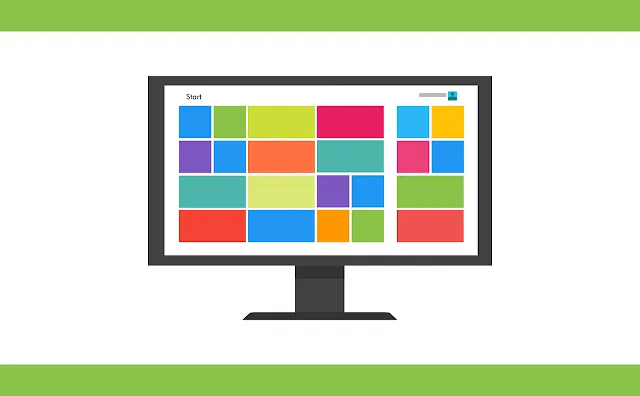Functions of Operating System part of modern computing
Operating systems (OS) serve as the backbone of modern computing. They bridge the gap between hardware and software, enabling seamless functionality for both personal and enterprise applications. Understanding the functions of an operating system is essential for anyone interested in technology or computing.
Let’s delve into what makes an operating system indispensable and explore examples of its critical roles.
Why Operating Systems Matter
Imagine trying to use a computer where every piece of software directly communicates with the hardware. The complexity would be overwhelming. Operating systems simplify this process by acting as an intermediary, ensuring smooth operations. Whether it’s your smartphone, laptop, or server, the OS manages resources, executes applications, and provides a user-friendly interface. Without it, modern computing would be chaotic.
Core Functions of an Operating System
1. Resource Management
The OS manages hardware resources, including CPU, memory, storage, and peripheral devices.
-
CPU Scheduling: Prioritizes tasks to ensure efficient processing.
-
Memory Allocation: Allocates RAM to running applications while avoiding conflicts.
-
Storage Management: Organizes data on drives, ensuring quick and reliable access.
2. Process Management
Managing processes involves creating, scheduling, and terminating tasks.
-
Multitasking: Enables multiple applications to run simultaneously.
-
Process Synchronization: Prevents conflicts when processes access shared resources.
-
Deadlock Prevention: Ensures smooth operations by avoiding resource-related deadlocks.
3. File Management
The OS organizes, stores, retrieves, and manages files on storage devices.
-
Hierarchical File Systems: Uses folders and directories to simplify navigation.
-
File Security: Protects sensitive data through access controls and encryption.
-
Efficient Retrieval: Enables fast searching and indexing of files.
4. User Interface Management
Operating systems provide user interfaces, either graphical (GUI) or command-line (CLI).
-
GUI: Features windows, icons, and menus for intuitive interaction.
-
CLI: Offers text-based commands for advanced users.
5. Security and Access Control
Operating systems safeguard data and user activities.
-
Authentication: Verifies user identity through passwords or biometrics.
-
Encryption: Secures communication and stored data.
-
Access Controls: Restricts unauthorized actions and protects system integrity.
6. Device Management
The OS ensures proper functioning of peripherals like printers, keyboards, and monitors.
-
Drivers: Act as translators between the OS and hardware.
-
Plug and Play: Automatically recognizes and configures new devices.
Tips for Optimizing Operating System Usage
-
Regular Updates: Keep your OS updated for improved performance and security.
-
Monitor Resource Usage: Use built-in tools to track and manage CPU, memory, and storage usage.
-
Secure Your System: Implement strong passwords and enable firewall and antivirus protections.
-
Optimize Startup Programs: Disable unnecessary startup applications to boost boot speed.
Additional Explanation Through Video Reference
The following video will help you understand the deeper concepts:
The video above provides additional perspective to complement the article discussion
Conclusion
Understanding the functions of an operating system underscores its importance in every computing device. By managing resources, ensuring security, and offering user-friendly interfaces, the OS is vital for efficiency and productivity. Whether you're a tech enthusiast or a casual user, appreciating the OS’s role enhances your ability to optimize its use. Start exploring its features today, and experience the seamless integration it provides.
FAQ
1. What are the primary functions of an operating system? The primary functions include resource management, process management, file management, user interface management, security, and device management.
2. Why is process management essential? Process management ensures efficient execution and synchronization of tasks, enabling multitasking and preventing deadlocks.
3. How does the OS enhance security? Operating systems enhance security through authentication, encryption, and access control mechanisms, protecting data and user activities.


No comments:
Post a Comment
Your comments fuel my passion and keep me inspired to share even more insights with you. If you have any questions or thoughts, don’t hesitate to drop a comment and don’t forget to follow my blog so you never miss an update! Thanks.